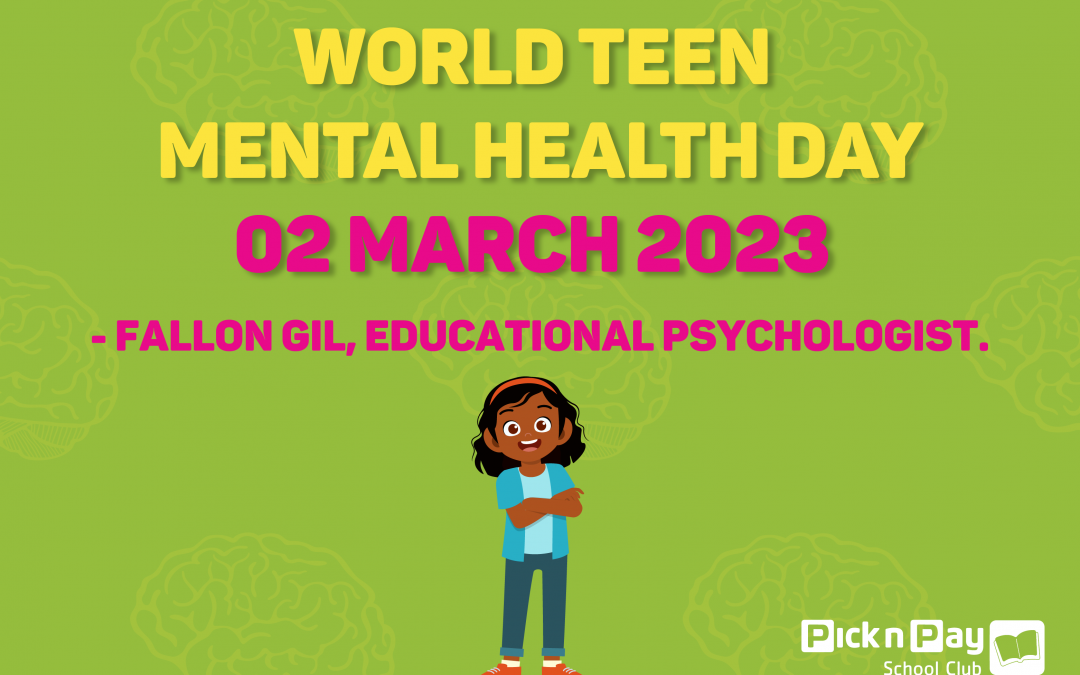Almost every human has heard of TikTok, Youtube, Instagram and SnapChat. These social media applications, along with many more, have become an almost daily obsession for both the young and old. Used to interact, connect, and share, social media can be beneficial, however, there are the unavoidable messages that are communicated through its use.
It is no secret that social media use may likely impact teenagers’ mental health and well-being. One of the effects of social media, is the negative impact on self-esteem. Already at risk of self-esteem issues, teenagers are extremely sensitive about comparisons with others, through appearance, academics, sporting ability or other material goods. Social media bombards teenagers with ‘should’ messages; what they should look like, how they should dress, what they should eat, or how they should behave. With social media, the opportunity for social comparison is practically endless.
Influencers and celebrities use social media to present a flawless image through carefully selected and filtered images. Teenagers don’t comprehend that these posts are often staged or that they’re a false representation of reality; even for the celebrities and influencers themselves. As a result, teenagers and other followers may feel like their lives pale in comparison and may begin to feel inadequate and ‘less than’. This comparison also happens with their peers, which can create false impressions and expectations.
As a parent, it’s necessary to acknowledge that social media will be a part of your teen’s social life. It is important to be aware of the effects it could have on your teenager’s self-esteem and to notice when their well-being is affected. Work with your teenager to think critically about social media, and model responsible use. While mostly seen as spreading harmful unconscious messages, social media can also be used to help strengthen and communicate a sense of belonging for your teenager. Have open, and honest conversations about responsible use and encourage following ‘real’ people, those who wish to repair these harmful messages.
Fallon Gil, Educational Psychologist



















